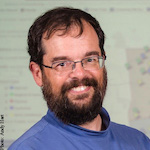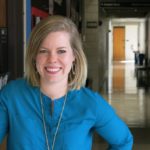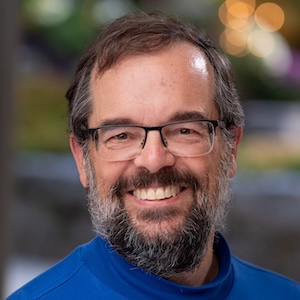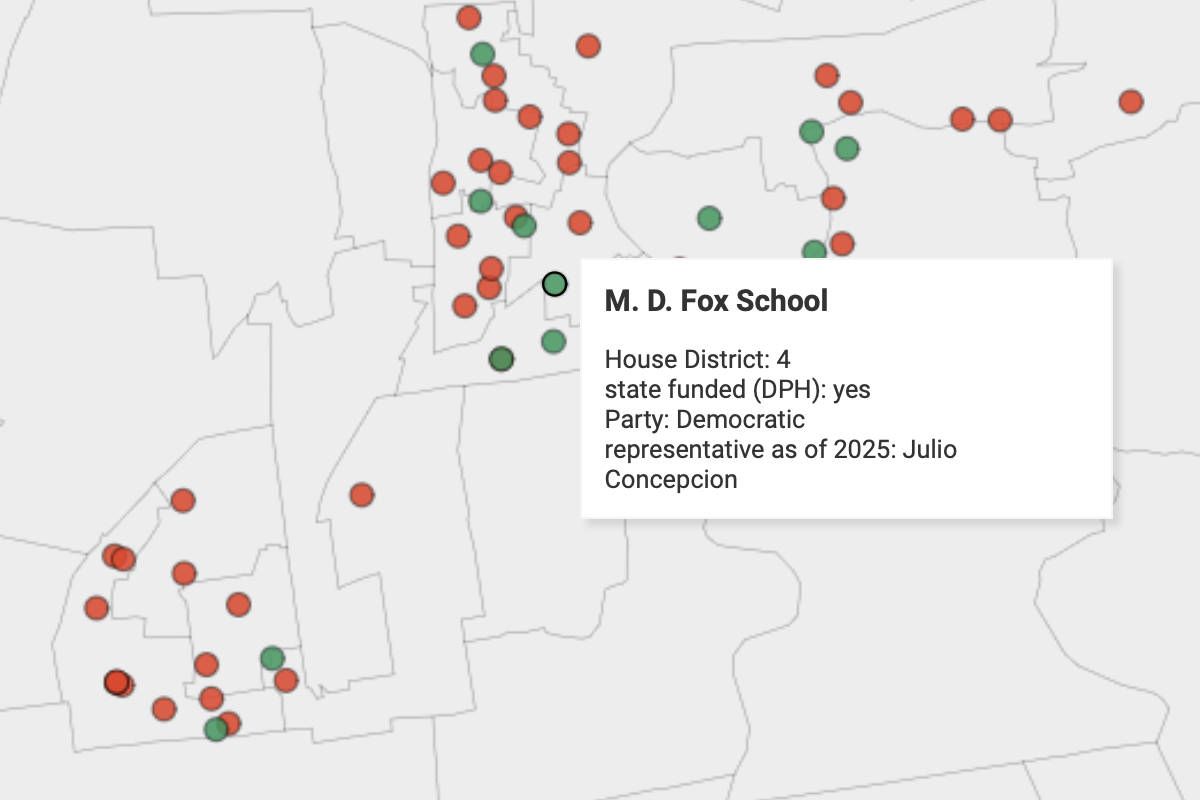Your Dean Favors ‘Experiential Liberal Arts’: Now What?
This op-ed essay by Jack Dougherty and Megan Faver Hartline was published online by the Campus Compact of Southern New England (CCSNE) on January 28, 2019 at https://ccsne.compact.org/resource-posts/your-dean-favors-experiential-liberal-arts/
Imagine this not-so-hypothetical scenario: You’re a newer faculty member at a liberal arts college, and your dean has published an op-ed essay calling for “experiential” liberal arts “to break down the barrier between classroom learning and everyday life.” But what exactly does “experiential” mean, especially in academic disciplines without established traditions in laboratories, studios, or field work? Is this a meaningful foundational shift—or yet another higher education fad? How should newer faculty respond to this tension between philosophical aspirations of what liberal arts learning might become in the future versus pragmatic advice on how to survive and build your scholarly career over the next few years?
We wrote this essay to publicly share advice that we have offered to groups of newer faculty at our liberal arts institution, since others elsewhere may face similar predicaments. We believe that experiential learning has a place when it serves the core mission of a liberal arts education: how to think from the perspective of other people, especially when their academic orientations or life backgrounds differ from your own. For newer faculty navigating the difficult waters of higher education – and for academic leaders seeking to offer them intellectual and institutional guidance – we offer these pieces of advice:
Reflect on your motivations
Ask yourself (and your colleagues) a deeper question: Why should we integrate “experiential” learning into the liberal arts? If the answer is because a dean told you so, then your motivation will not likely last beyond the next administrative turnover. Nor are we persuaded by a purely vocational argument that liberal arts should be redirected toward career opportunities, since many of the supposedly cutting-edge technology skills we learned a decade or two ago are obsolete today. Instead, we find our motivation in experiential out-of-classroom liberal arts learning when it strengthens our ability to engage in standpoint thinking. This concept came to us from our colleague, philosopher Dan Lloyd, and other feminist theorists. Lloyd draws upon the works of Hannah Arendt and John Dewey to identify thinking “as an intrinsically social activity” where we begin to perceive the world “from the standpoint of someone else.” Therefore, if we define a liberal arts education as a curriculum designed to promote standpoint thinking, then experiential learning has a place when it promotes both cognitive skills and civic values “to expand the perspectives from which students see their world.”
Consider teaching with Community Learning
Liberal arts faculty who teach in disciplines with labs, studios, or fieldwork usually can envision some form of “experiential” learning. But it’s often harder for humanities and social science faculty to imagine this, especially those who teach at liberal arts institutions that have historically distanced their curriculum from vocational training. Consider this pedagogical option: Community Learning, which we define as experiential liberal arts learning with collaborative partnerships (that benefit all parties, both inside and outside the campus) and perspective-building relationships (to cultivate standpoint thinking). At our college, located in the city of Hartford, Connecticut, faculty across various departments have innovated for more than two decades with Community Learning by bringing students together with diverse neighborhood groups, non-profit organizations, and local change agents to co-create knowledge.
This semester at our campus, an English class is exploring prison literature in collaboration with an arts-based re-entry program for people returning from a correctional institution. Also, an environmental science class is partnering with local organizations on river cleanup and invasive species removal to better understand conservation and biodiversity. And a first-year seminar is conducting video interviews with five different local social reform leaders, to analyze their “theories of change” and also to create one-minute web videos for their organizations to use online. These courses succeed when faculty creatively blend the needs of their academic disciplines (What should students learn?) with the needs of their community partners (What types of service or knowledge would they like the class to contribute?) This pedagogical balancing act—of planning a course around the discipline, the community, and students’ developmental learning—exemplifies standpoint thinking in the liberal arts.
Listen, partner, and rethink your course
Whether you realize it or not, many liberal arts courses contain elements that resonate with the needs and interests of community partners. Even courses in the humanities, which some perceive as purely academic, are likely to incorporate liberal arts skills (like research, analysis, writing, and presentation) as well as broad themes relevant across the human experience (mobility, hope, transgression, and power). These skills and themes may be just as relevant to organizations in your local community that may have needs that liberal arts students can fulfill.
Listening means sitting down with people who are not necessarily in the academic world, but who ask questions or seek knowledge that would benefit from interacting with the liberal arts. The best partnerships arise when community members and our students pose rich questions, look for persuasive evidence, and reevaluate their thinking based on listening to other points of view. Community learning is not simply volunteering. Rather, it is co-creating knowledge from both academic and community perspectives.
To achieve this goal, faculty need to listen and consider: How do your prospective community partners define their central needs? How might a collaborative project with a partner help your students better understand the disciplinary components of your field? For example, will they see principles in action at a community site? Or practice the kinds of public writing and research that contribute to your area of study? When liberal arts students co-create knowledge that integrates both the academic discipline and needs of community partners, they become more intellectually and civically engaged.
Experiential learning in the liberal arts is not a new idea. But it is one that we can continually build upon and improve by drawing connections with national networks, scholarly literature, and colleagues across your campus. Two decades ago, one of us visited our campus for the first time at the end of the spring semester, by unexpectedly walking into a meeting room where two dozen faculty and staff were planning their Community Learning courses for the next fall. In the traditionally elite world of liberal arts education, this was an uncommon sight. A philosophy professor described teaching a course on consciousness where students spent time as companions with patients in the day room at a nearby mental health facility. A chemistry professor explained how their students detected soil contamination with a neighborhood housing renovation group. “Why are you here?” one of us asked several faculty, seeking to understand their motivations. The most compelling answer was also the simplest: “It’s a good way for our students to learn.”
That answer still rings true today as a reminder for why experiential learning matters. If we truly embrace the power of liberal arts to “liberate” our minds from narrow parochial thinking, and to expand our worlds to consider other people’s points of view, then we need a curriculum that brings our students to learn outside the campus bubble, to think more critically about the social landscape, and to cultivate richer skills in civic engagement and co-creating knowledge. In other words, experiential learning deserves a larger role when it makes us better liberal-arts thinkers and doers.
About the authors: Jack Dougherty is Faculty Director of Community Learning, and Megan Faver Hartline is Director of Community Learning, at the Center for Hartford Engagement and Research (CHER) http://cher.trincoll.edu at Trinity College, Connecticut.



